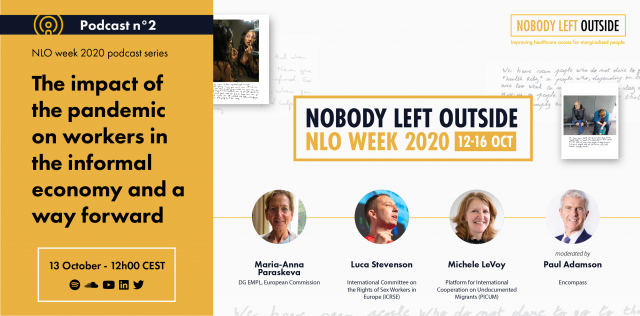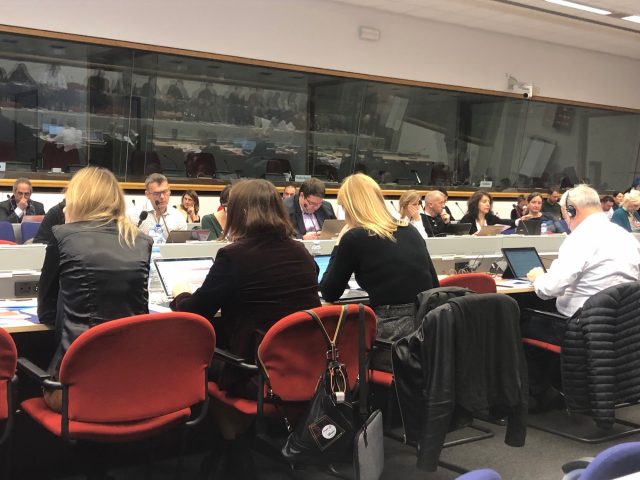Check out the HR Key Principles, our key innovative output which translates the learnings of the HR4homelessness project into guidance for homeless and other services who support people in homelessness
The HR Key Principles translate the learnings from the ‘HR4homelessness’ Project, which brought together homeless and bustance use services, into guidance for homeless services to improve support provision for people who use drugs and/or alcohol.
For each of the seven principles, strategies for improving support provision are described as well as existing good practices. We provide suggestions for tools that can be helpful for staff and service users, suggestions for further reading and link you up to the respective training video(s). The seven principles are:
- Human Rights based service provision: HR aims at establishing quality of individual and community life and well-being – not necessarily abstinence of all drug use – as the criteria for successful actions and policies. HR calls for a non-judgmental, non-coercive access to support and care.
- Meaningful engagement of service users: HR engages and involves people with lived experience of homelessness and substance use in the development and evaluation of policies, services and programs that affect them. This is essential for achieving good social and health outcomes and addressing unmet needs.
- Reduce risks and harm: HR focuses on reducing the harms related to substance use for the individual and the broader community. It takes into account factors that may exacerbate vulnerability such as trauma, incarceration history, racism, social disadvantage, housing status, age, sexual orientation and gender.
- Take on a pragmatic attitude: HR accepts that licit and illicit substance use is part of our world. HR reflects the idea that none of us will ever achieve perfect health behaviors and that ‘perfect’ health behaviors are impossible to define as they are shaped by social determinants and norms.
- Person Centered Services: HR services focus on responding to the needs, preferences and values of the individuals and communities they work with. This includes the recognition of the social conditioning of health outcomes, addressing power relationships between care providers and service users, and the promotion of communication and shared decision-making.
- Evidence-based services, strategies and policies which are relevant and effective to the communities they serve and which are regularly evaluated and, if necessary, adapted.
- Accountability: HR aims to minimize not only the negative health and social impacts associated with drug and alcohol use, but also the harms caused by respective policies, laws, services, and institutional practices. HR promotes processes and systems designed to hold individuals and groups in check for their decisions and actions.



